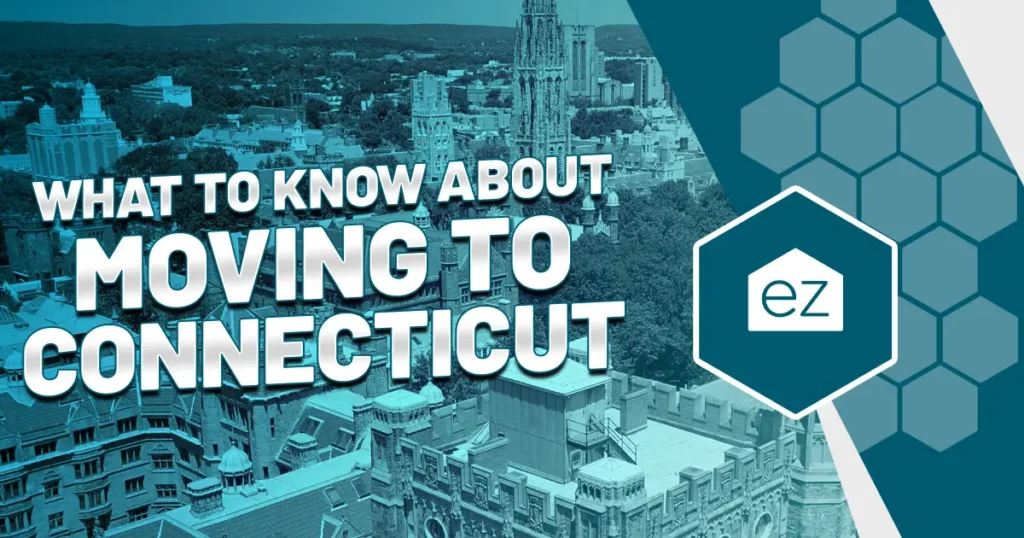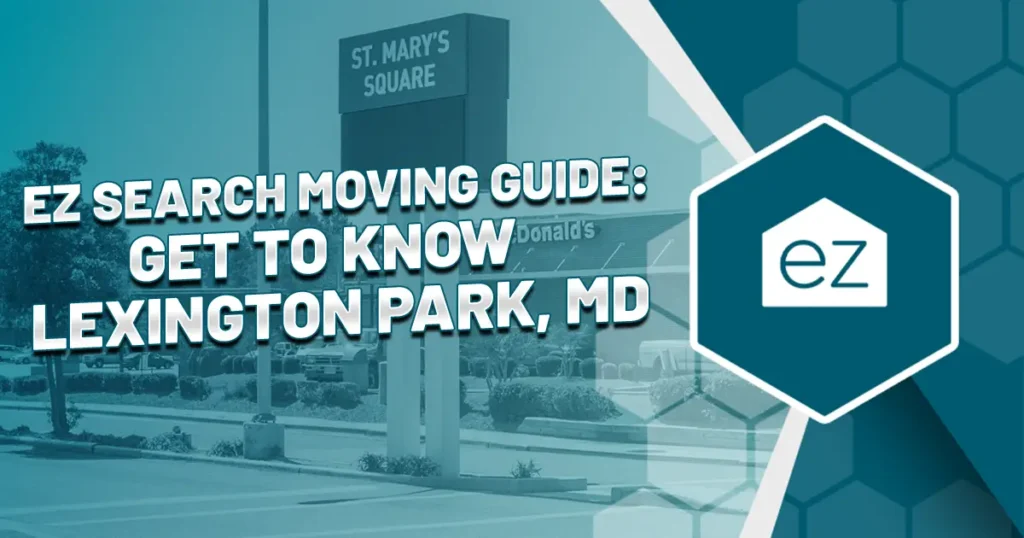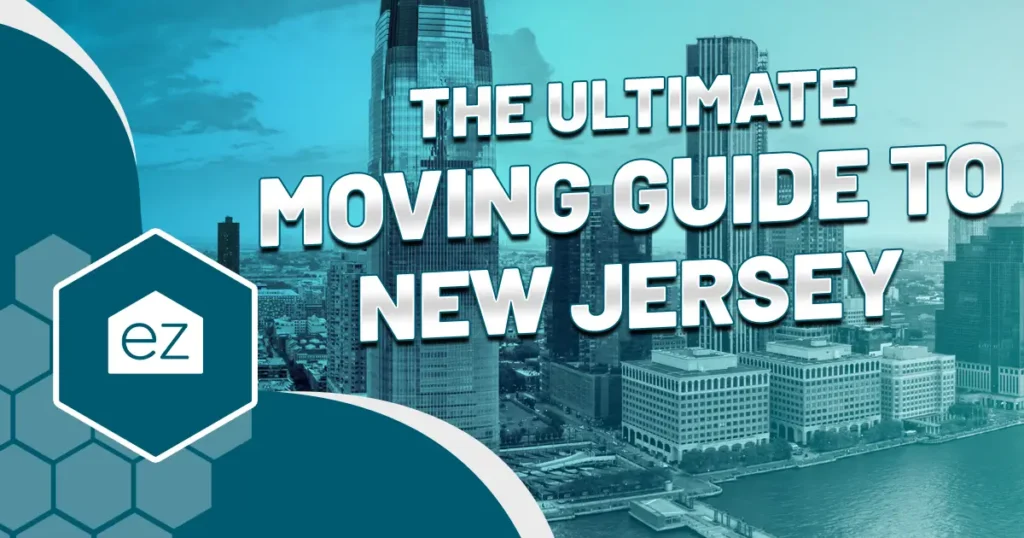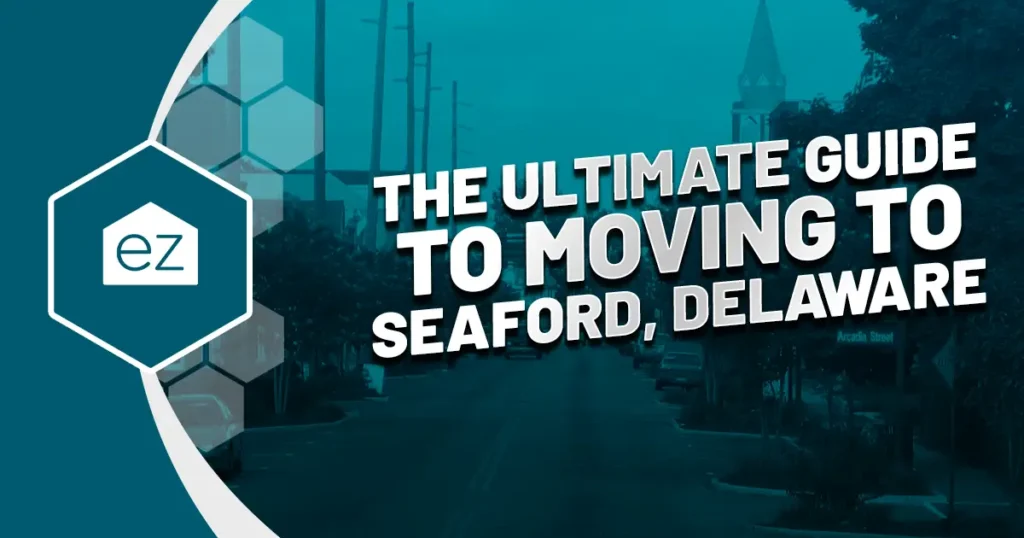Get to Know Charleston, WV – Your Moving Guide
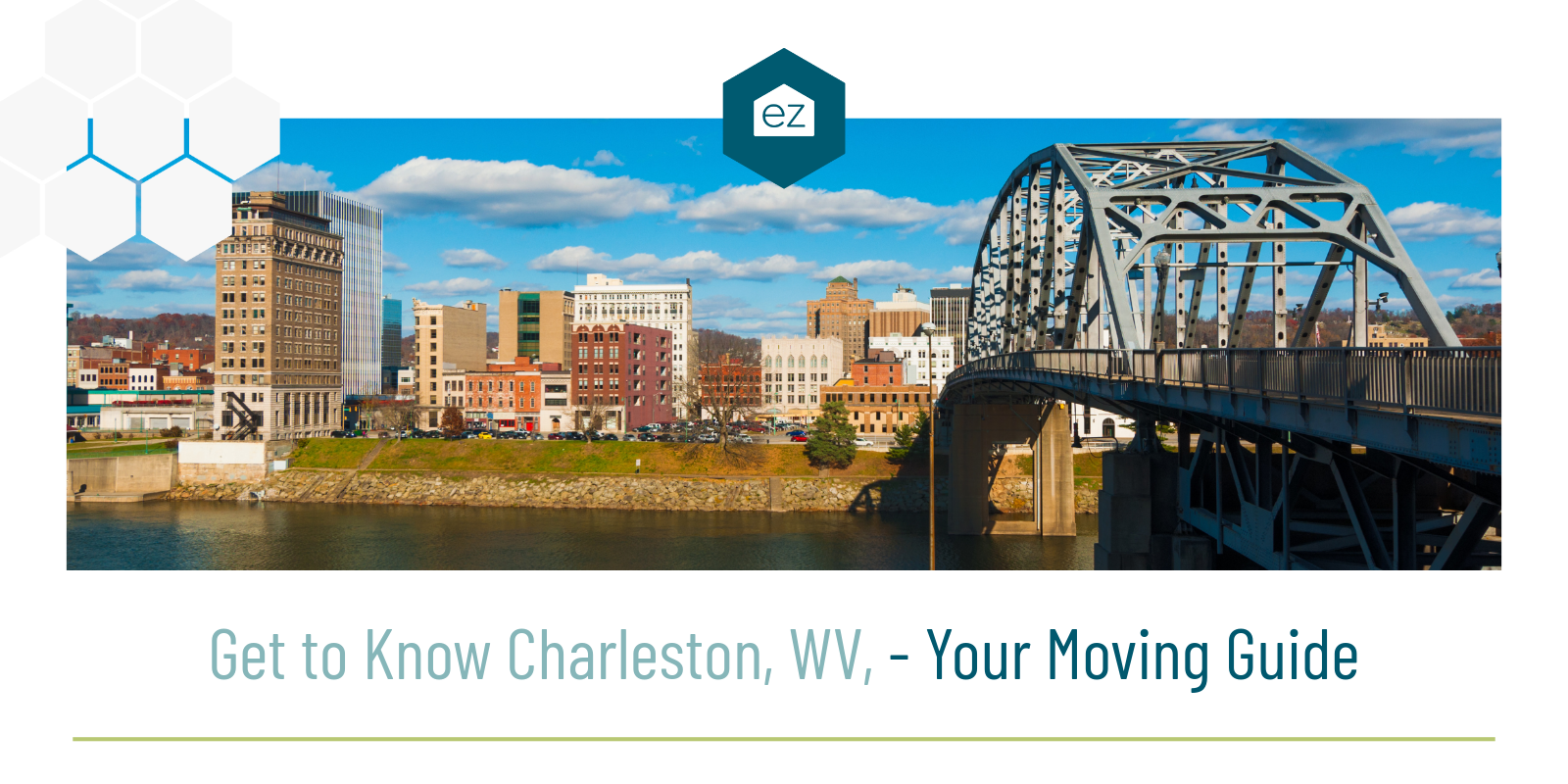
Get to Know Charleston, WV – Your Moving Guide
Fun fact: Charleston, West Virginia, is one of the top 20 fastest-growing metros in the nation as of 2022. Still, it remains one of the smaller cities, with just over 250,000 residents. Perhaps that’s just what you are looking for: a small-town feel with modern amenities like music venues, children’s museums, and craft breweries.
Are you thinking of joining the people moving to Charleston, WV? We can’t blame you. This mountain city oozes quaint, Appalachian charm, is supported by a diversifying job market and promises a low cost of living. But like everywhere, there are ups and downs to calling a place home. Here is what you should know before you move to Charleston, WV.
Cost of Living

The cost of living in Charleston is much lower than the national average. You’ll find affordable housing, utilities, and groceries for 19% less than you’d pay in a typical city. It is estimated that the average monthly cost for a single person living in Charleston would be about $1,550. In contrast, the same individual living in San Francisco could expect to pay more than $4,500 per month.
One place costs tend to be higher is health care, which is above average by about 36%. But living in Charleston rather than somewhere else in West Virginia gives you easier access to quality medical care.
Climate
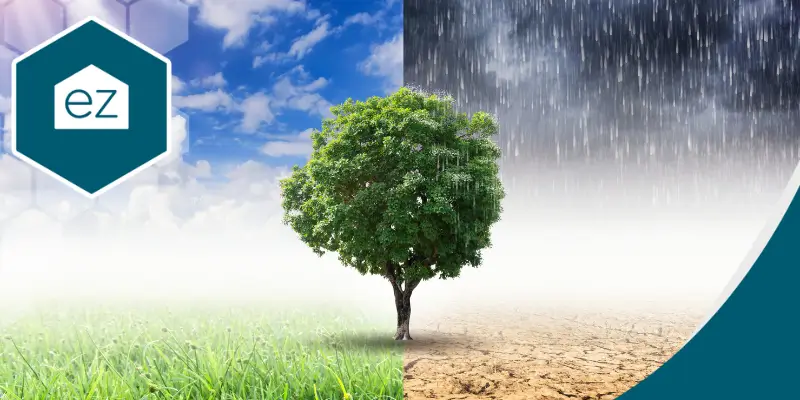
Charleston’s climate is temperate, with four distinct seasons. Summers are warm and humid, and snowfall is moderate in the winter. January averages the most snow, at 11 days totaling 7.7 inches. Your highs throughout the year will range from 44F-87F. The city experiences an average annual temperature of 52 degrees, perfect for outdoor activities all year round.
Job Market
The job market in Charleston is on the rise, with unemployment at 3.3% in December 2022, well below the national rate.
Charleston is the state capital and home to a flourishing, diverse economy, unlike other parts of the state. Here you can find career opportunities beyond mining and energy production, thanks to education, healthcare, and government work. Here, most of the top employers by size are healthcare, government, or education-related.

Charleston Area Medical Center is the largest employer by the number of employees, followed by the Kanawha County Board of Education.
Even though these companies are the top employers, Charleston is working hard to diversify. It’s working to bring in more advanced manufacturing opportunities, using the state’s abundant natural resources to attract business. It’s also branching into the tech sector and becoming more business-friendly. And the state is doubling down on tourism and hospitality, using the state’s beauty and natural resources to draw people for a vacation.
An added bonus of working here? The average commute to work takes only 16 minutes!
Education

Charleston may be the center of state government, but it’s more of a college town than a government town. That’s because it is home to several universities and colleges, including the University of Charleston and Marshall University. This brings in sports events, recreational activities, and a youthful feel.
Families have plenty of top-notch K-12 schools throughout the city. Kanawha County Schools serves the county and is the state’s largest district. And as a city, there are private institutions for more educational choice.
Parks & Recreation
The outdoors is one of Charleston’s best attributes. Enjoy nature, starting with the Kanawha and Elk Rivers running through town. Access points provide places to launch your kayak, paddle boarding, or cast a line. Cato Park is the only large recreation area with sports fields run by the city. However, the suburbs have even more recreation areas minutes away.
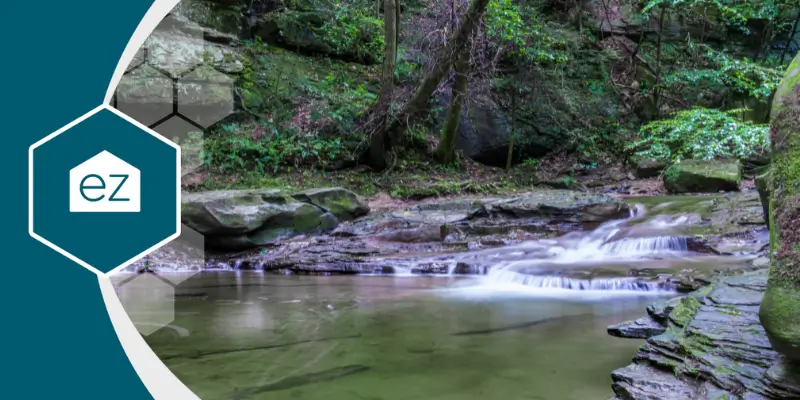
Just 15 minutes’ drive awaits the Kanawha State Forest, a popular destination for hiking, biking, fishing, and camping. There are 60 miles of trails, so there’s plenty of room to spread out. Within an hour, you can be off-roading in the Hatfield-McCoy mountains or whitewater rafting the New River at the nation’s newest National Park.
If you’re looking for something a bit more urbanized, check out the beautiful Magic Island at Haddad Riverfront Park, where there is a splash pad for the kids. Several other community parks have green spaces, dog parks, and playgrounds.
Kid-Friendly Things to Do
Outdoor activities are great for kids, but when the weather isn’t ideal, there’s plenty indoors to burn their energy. The West Virginia Museum in the State Capitol Complex culture center has interactive exhibits and theater. Wonderment Puppet Theater is perfect for imaginative little minds. Or take them to the Clay Center for Arts and Sciences for hands-on science experiments and art exhibits. The Avampato Discovery Museum offers three stories of interactive fun for kids under 13 years old. The 3D films in the planetarium are especially jaw-dropping.
The T-Rex Science Center in Davis Creek is a non-profit educational museum devoted to introducing the younger generation to the wonders of prehistory. With engaging activities and a Dino-themed mini golf course, visitors can learn about the ancient creatures.
Arts & Culture
Charleston has deep roots in Appalachian culture, and many of its local eateries feature locally sourced ingredients. Appalachian culture influences the local music scene, so you’ll hear lots of bluegrass and folk music from the local live bands. Check out the music scene at the city’s bars and venues.
The Clay Center is the epicenter of the art scene. Besides its museums, it is home to dozens of musical performances each year inside the impressive 900-seat Charleston Light Opera Guild Theatre.
Other venues include the Albans Art Center, LaBelle Theatre, and Mountain Stage. In fact, Mountain Stage is one of the longest-running radio shows in the country, featuring national and international acts on its stage.
Capitol Market is one can’t miss place for locals and tourists. The indoor-outdoor market runs every day and sells local produce and handmade goods.
Transportation
Charleston is small enough to move around easily by bike or on foot, but you can also take advantage of the city’s public transit system. The Kanawha Valley Regional Transportation Authority (KRT) runs buses all over town and to neighboring counties.
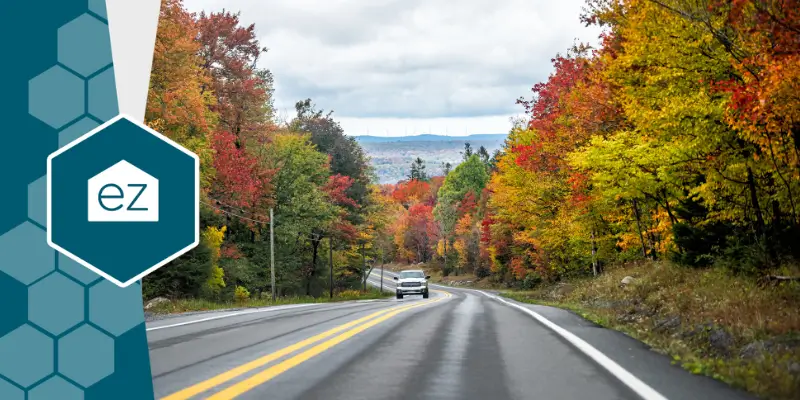
Most people get around by car, as the distance between West Virginia destinations can be vast. The good thing about living in Charleston is that many places you’d want to go daily are 10-20 minutes away.
Real Estate Market
Charleston has a variety of housing options to fit any budget. Single-family homes tend to dominate the city’s market, but a few townhomes and condos are available.
The median home list price for Charleston in February 2023 is $164,900, much lower than many other cities in the US. The homes here have great value for what you’d spend elsewhere.
Charleston is a pretty small city, but it has established and historic neighborhoods with character homes. There are also opportunities for redevelopment, where you can find a great deal and personalize the home. Learn more about Charleston’s best neighborhoods.
Moving Resources
West Virginia is excited to welcome new residents. It offers a resource page with information on downtown housing and area attractions to familiarize you with the city.
If you are transferring from another state to West Virginia, you must update your driver’s license with the local DMV within 30 days of establishing residency. Bring proof of identification and Social Security number along with your out-of-state license. You will be given a temporary license valid for 60 days, while the permanent version should arrive within 15 business days.
You must register your out-of-state vehicle with the WV DMV within 30 days. Before beginning the registration and titling process at your local WVDOT office, ensure that you have all necessary documents, such as an Application for Certificate of Title for Motor Vehicle (form DMV-1-TR), auto insurance information, and other relevant documentation. Once registered/titled, complete a vehicular inspection within ten days.
The Public Service Commission regulates electric power, gas lines, water supply options, and telecoms in West Virginia. You can search their website for electricity, water, and gas providers.
Moving to Charleston, WV
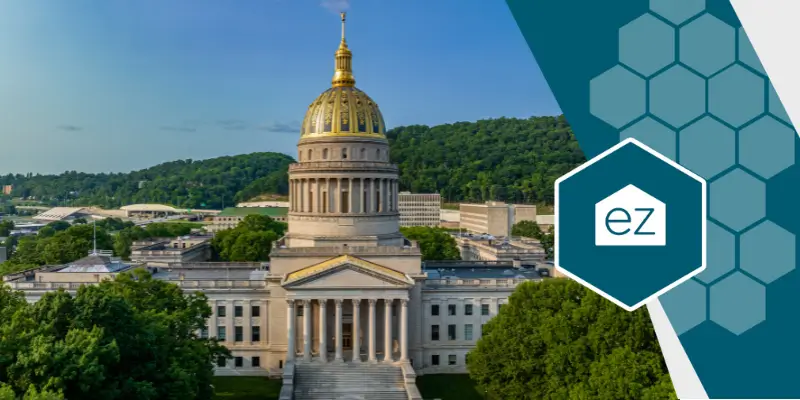
Living in Charleston is an excellent move for people of all ages. It has plenty of kid-friendly activities, a unique arts and culture scene, beautiful parks and recreation areas, and much more. West Virginia’s cost of living is also quite low compared to many cities in the US. For those who want to live near the mountains but still enjoy a city lifestyle, Charleston, WV, is a great compromise.
